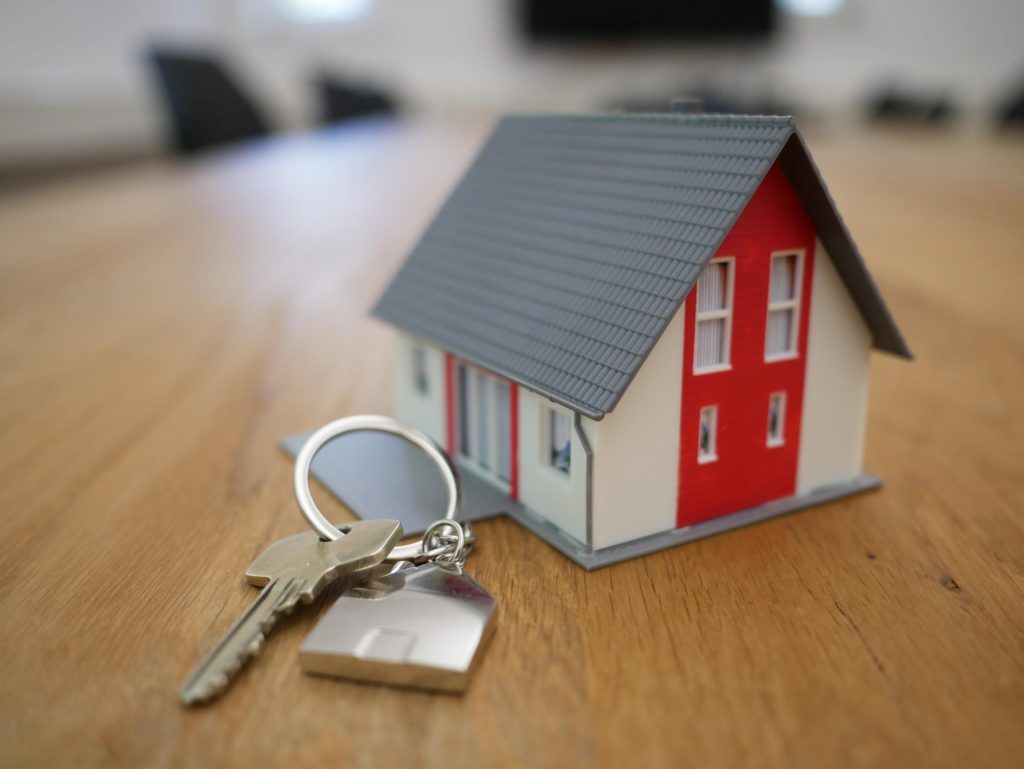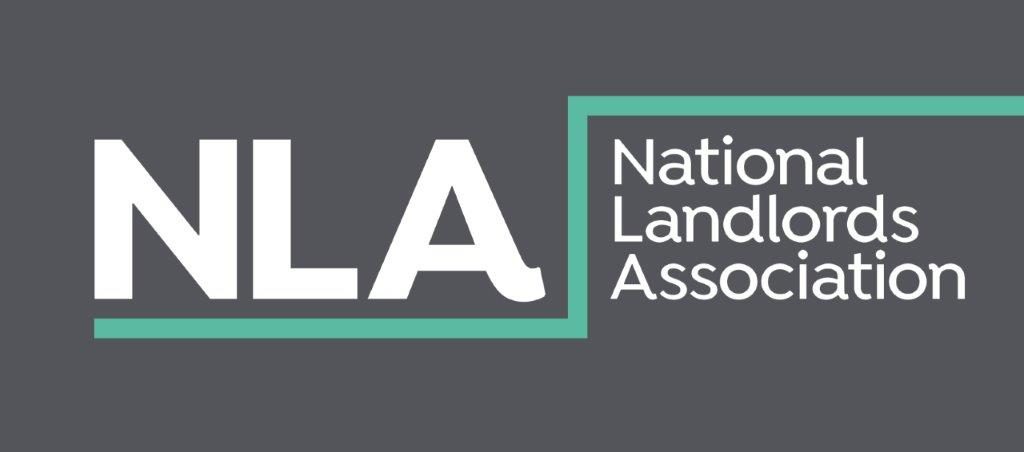
If you are renting in Bristol, it’s well worth becoming familiar with the laws regarding your responsibilities as a tenant and those of your landlord.
With a better understanding of the law, you can prevent misunderstandings, avoid problems where you are not meeting your responsibilities, and act faster when you realise a landlord is not behaving fairly towards you or meeting their own requirements.
Whether you are already renting or planning to rent soon, here’s what you need to know.
Before You Move In
Firstly, you need to have a tenancy agreement in place, and your landlord should provide you with one. This is a contract between you that sets out the requirements and any specific rules to be aware of during the tenancy, such as how much rent you will pay. There are different types, but the Assured Shorthold Tenancy (AST) is the most common.
The deposit is another important consideration. This must be protected by your landlord in a Tenancy Deposit Scheme. As long as you follow the rules and look after the property, you are entitled to get the whole amount back.
It’s also a good idea to find out about any fees you are charged by either the landlord or the letting agent. Some fees were banned in June 2019. For example, you can no longer be charged a fee to check your references.
Know Your Responsibilities
We’ll come to your landlord’s responsibilities soon. But first, it’s important to know about your own responsibilities as a tenant.
The main responsibility is to pay your rent on time. A day of the month will usually be set to pay the rent, and the best option is to set up a standing order so it goes through automatically.
You also have a responsibility to look after the property. Accidents happen, but deliberately damaging the property in any way is not permitted. If something breaks, you notice any problems or repairs are required, and you need to report these to your landlord as soon as you can so they can take action.
You will also need to notify the landlord if you want to make any changes to the property, like putting up shelves or painting the rooms. Even if you think you are only making a minor change, always get the okay from your landlord first.
Paying Your Rent
Perhaps the biggest problem to arise is where tenants do not pay their rent and go into rent arrears. This is obviously best avoided, but sometimes it may be inevitable. So what happens in this situation?
In the worst-case scenario, your landlord could evict you. So don’t simply ignore the issue if you fall behind, and always read any letters they send you because these might set out the action they plan to take.
Keep communication channels open with your landlord or agency if you are experiencing problems paying the rent. If you have lost your job but you fully expect to be able to pay the rent in a few weeks, let your landlord know. It could help to avoid worse problems.
What About Your Landlord’s Responsibilities?
Your landlord also has responsibilities to you. The most important of these is ensuring the property is safe to live in.
Gas safety is incredibly important. All gas equipment must be installed safely and maintained regularly by an engineer that is Gas Safe registered. They must carry out a safety check once a year at least and provide you with a copy of the record.
All electrical systems must also be safe, including lights and sockets. All fire safety regulations must also be followed. For example, fittings and furniture must be fire safe, and there must be a minimum of one smoke alarm on each floor.
Your landlord must also make repairs where necessary. So if you notice that something like a sink has been damaged or a pipe needs fixing, always tell your landlord.
They must also provide an Energy Performance Certificate (EPC) before you start living in the property. This shows the energy efficiency of the property, and it must be rated E or higher.
Some properties must have a licence to meet health and safety standards. Licences are required by Houses in Multiple Occupation (HMO) or if the property is in certain areas of Bristol like Eastville or St George West. If the property should have a licence but does not, you can report it to the council.
Can Your Landlord Increase the Rent?
Landlords cannot increase the rent during the tenancy unless you agree to it. However, they can increase the rent at the end of the tenancy, which you can then agree to if you want to continue living in the property.
The rules are different if your landlord also lives in the property. In this case, they have to give you notice in writing, and this should be a minimum of 28 days or however frequently you pay the rent, which is normally monthly.
If you think your landlord is not treating you fairly for any reason, or if they are harassing you or doing anything illegal, make sure you take action. You can contact Bristol Council using the details on this page.
Leaving the Property
If you want to leave before the tenancy agreement ends, you must give your landlord notice. The details of this should be contained in the tenancy agreement. If you do not give notice, your landlord might take money from your deposit.
You also need to leave the property in good condition when you leave, which means leaving it as you found it, cleaning it and getting rid of any rubbish.
Enjoy Renting in Bristol
Bristol is a fantastic city, and there are many wonderful areas to live in. Make sure you enjoy your renting experience by meeting your requirements and know what you can expect from your landlord. Most rents are problem-free, and knowing the laws and your responsibilities can help to make your experience a positive one.











